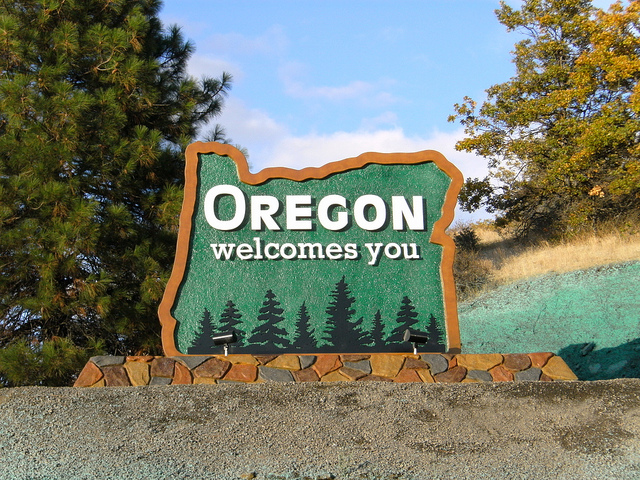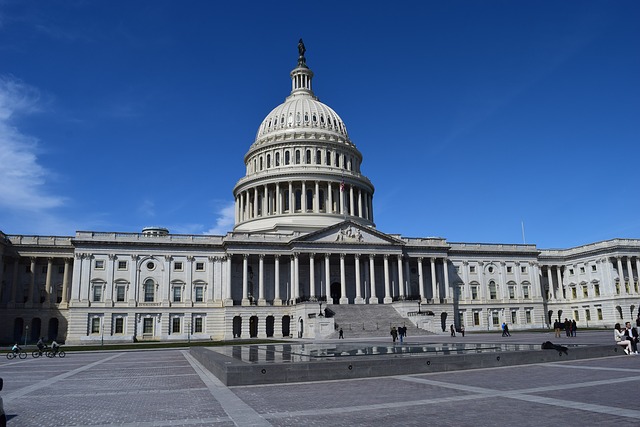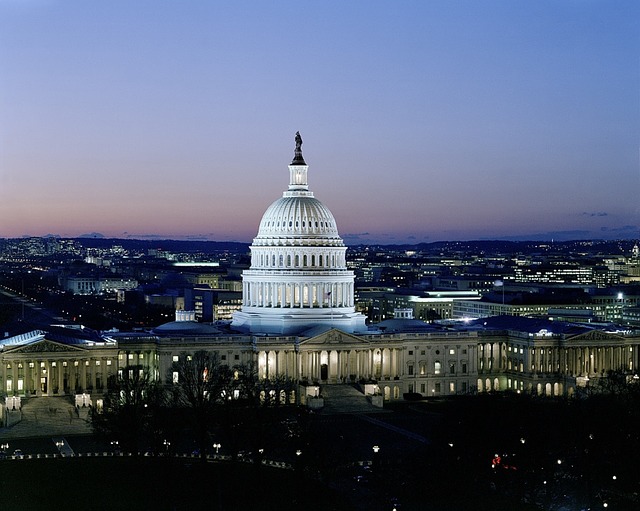
Canada Should Grant Amnesty for Cannabis Convictions

Canada Should Grant Amnesty for Cannabis Convictions
Legalizing cannabis will bring more jobs, revenue, and freedom to Canada. Article after article has been written, and will continue to be written, about the economic benefits of cannabis commerce. Money talks in society and politicians, bureaucrats, and voters pay a lot of attention to the financial gains created by the burgeoning industry. However, for activists that have been fighting to repeal prohibition, freedom has long been our goal. When communities legalize, it is imperative to right some of the wrongs of the Drug War and grant amnesty for past unjust convictions. Some states and localities in the United States have helped lead the way, expunging old convictions, and Canada should be the first country to take this important practice nation-wide.
Setting aside old marijuana charges has really picked up since 2015, when Oregon led the way after legalizing cannabis in 2014 by passing Measure 91 with just over 56% of the vote. It was extremely touching to see an OPB article about the “tears of joy” a former felon, Tim McClure, experienced after his attorney Sandi Pelliken successfully helped him expunge an old cannabis conviction. OBB reported that, “Pellikaan said clients who’ve successfully had their marijuana felonies sealed tell her they’ve had an easier time getting a job, getting an apartment, or are able to travel to Canada.” To help promote the need to clear old cannabis convictions, Congressman Earl Blumenauer proposed a federal bill.
While Oregon’s expungement law was made possible by a legislative bill following a voter initiative, California was able to build off of the movement’s momentum by including “amnesty” directly in its Prop 64 legalization law in 2016. Following legalization, San Francisco and San Diego automatically expunged old marijuana convictions, without forcing residents to file any paperwork. California Assemblyman Rob Bonta introduced legislation this year to make the practice of automatically expungement statewide. Bonta’s bill passed unanimously out of committee, but never received a full vote. Hopefully, the bill gets passed next legislative session. (Also, worth noting is the fact that Seattle, Washington, has also recently moved to vacate old marijuana misdemeanors.)
Canada has the opportunity to truly lead the way in bringing social justice to the forefront, and Toronto lawyer Annamaria Enenajor is circulating a petition by the newly formed Campaign for Cannabis Amnesty, hoping to convince the Canadian government to grant a complete pardon to those convicted of minor marijuana offenses
“We find it particularly unjust because we know that the individuals who are most impacted by the criminalisation of cannabis are people who are vulnerable members of society and marginalised and racialised members of society,” she told Al Jazeera.
Launched earlier this month, the Campaign for Cannabis Amnesty wants the federal government to grant a blanket pardon to Canadians convicted of minor cannabis possession.
***
Having their convictions expunged would help members of already disadvantaged communities – especially black and indigenous people – find better jobs, access social services and social housing, and travel freely, Enenajor said.
Unfortunately, the ruling Prime Minister Justin Trudeau, who admitted to smoking marijuana as a sitting member of parliament and conceded that his family’s privilege helped his younger brother avoid a possession charge, stated that the ruling Liberal Party won’t take up amnesty until after regulations have been implemented. To his credit, Trudeau has acknowledged that cannabis prohibition, “is hurting Canadians and criminalising Canadians who perhaps shouldn’t be.” Also, in the government’s defense, officials seem to be taking the issue seriously and automatically granting amnesty may be a little more complicated than many think due to how records have been kept.
The Guardian reports:
In January, the public safety minister, Ralph Goodale, said the government was “weighing all the legal implications” of a pardon.
But there remains a significant logistical hurdle in implementing any blanket amnesty. The database system used by the Royal Canadian Mounted Police does not always indicate the drug seized during an arrest.
In order to expunge a felony or misdemeanour record, officers would have to manually scour the database to determine the specifics of the drug offence and then vacate the conviction if it fell under the new laws.
Jobs and revenue are going to come to Canada following legalization. Whether the legal industry is a $6 billion or a $9 billion industry, everyone knows that cannabis commerce is good economics. However, providing justice to those persecuted and prosecuted in an unjust war waged against the cannabis community is a harder sell as it doesn’t line the pocketbooks of anyone or bring millions into government coffers. However, it is the right thing to do. I encourage advocates to continue the push for justice and urge Canadian cannabis businesses to join the fight with your media reach and financial resources. Sometimes, doing good deeds can also be good business and I sincerely believe that Canadian cannabis consumers will want to reward businesses that have helped correct past injustices by granting amnesty to past nonviolent residents convicted of minor cannabis offenses.
The International Cannabis Business Conference obviously is designed to help entrepreneurs and investors make money in the cannabis industry. However, the conference always keeps activism in the forefront and preaches that good deeds can result in good business, a true win-win. Keynote speaker Henry Rollins will certainly be advocating that the cannabis industry needs to remember those harmed by the Drug War and patients in need, as will many of our speakers. Don’t miss great Canadian advocates like Jamie Shaw, Kirk Tousaw, and Robert Laurie at the ICBC in Vancouver this June 24th-25th. Get your tickets soon to save money and before the event sells out.
Featured photo credit: Tony Webster
Share article


Share article
Join Our Awesome Community
Join Our Awesome Community
Join Our Awesome
Community
Get all the latest industry news
delivered to your inbox







